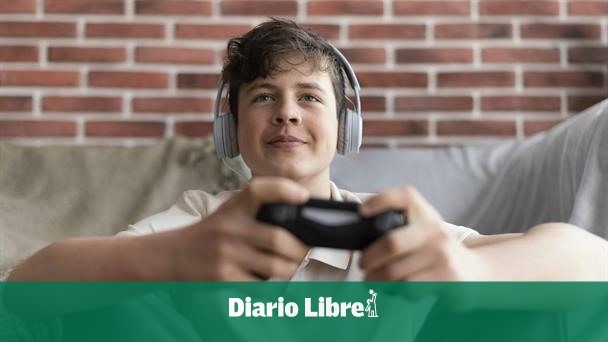Recommendations for parents of children addicted to video games

Today, playing video games has become a common leisure activity for many children and teenagers . Parents often have doubts about whether it's appropriate to allow them to play on demand, as well as the recommended amount of time and when.
Should they be allowed to play during the week or only on weekends ? After their homework or before, so they don't rush it?
They also mention how complicated it is to deal with the arguments of minors: "if all my friends play this game, why don't you let me?".
Often, parents' fear that their child will be excluded from the group makes them more permissive than they would actually like regarding schedules and the type of play.
In this way, they begin to allow video games to become a habit, even though they may be convinced or doubtful about whether it would be better for them to play other things, read, or go out more.
Thus, gradually, if limits are not set, an addiction develops . We may begin to observe a change in character: "they are more irritable," "they do their own thing more than before," "they seem not to care about anything," "they go out less and less with friends ."
The most addictive video games are online role-playing games . These are multiplayer games where tasks are performed in teams, also known as guilds .
They are designed using psychological techniques to keep the player logged in for as long as possible. For example, the intermittent reinforcement found in loot boxes is the same mechanism used in slot machines.

When we notice our child spending more time playing , it's important to try to answer these three questions :
Have you lost interest in activities you used to do (academic, extracurricular, going out with friends , helping out at home...)?
Do we know if something has happened in their "real" life that they need to escape from? If so, we'll have to address the cause and, if necessary, seek professional help .
Do you get irritated more often and become more easily offended?
After reflecting on these questions, we will focus on two essential concepts that guide how we position ourselves with respect to our children: emotional bond and authority (which is not the same as authoritarianism).
Bonds of trust and authorityThe emotional bond refers to the ties of love established between parents and children, which form the basis for building trust and well-being . We are talking about parental authority , specifically the responsibility of parents to make all the necessary decisions for the well-being of their sons and daughters.
In fact, parental authority grants parents that right. This involves establishing rules , expectations, and limits, while also guiding and teaching children about acceptable behaviors and values, as well as protecting them from harmful influences.
On the other hand, " authority is something you have, not something you earn," in the words of a friend of mine who teaches teenagers. It's something intrinsic to the role of being a parent , for whom exercising it is both a right and a duty.
What can we do to help him regain his well-being?The first piece of advice is to have a calm conversation , including other family members who are important to him or her. We should avoid judgment and can show interest in their play and share what we have observed (loss of interest, change in character, less communication, etc.).
We can lovingly and decisively propose establishing rules and play schedules that preserve family spaces (nighttime disconnection time , meals together, household chores, etc.).
It is also helpful to provide alternatives to individual and family play , which may include activities with screens together .
We know that children care about the opinions their parents have of them, but what if they don't want to listen to us and continue with the playful behavior ?
When they don't listenWhen they don't listen, it will be our responsibility to actively help them break free from the habit. It's important to remember the principle of authority to prevent video game use from becoming an addictive behavior with serious implications for their cognitive, emotional, physical, and social health.
Some parents who came to our clinic had tried all sorts of strategies to wean their 15-year-old son off video games.
Until one day, they cheerfully and determinedly took the computer out of the room and said, "The computer has gone on vacation." They remarked that it was the best summer in years.
The boy was moody for three days, but they quickly noticed a change in his demeanor . He regained the empathy he had seemingly lost and resumed the interests he had set aside in recent months. During a consultation, they explained, "He's back to his old self," a common comment from parents who have gone through similar experiences.
However, we must bear in mind that this is not always possible, especially when we observe an escalation in the level of aggression or when several attempts have been made without achieving a change.
We must also keep in mind that various mental health disorders such as ADHD or ASD can predispose individuals to developing an addiction to video games .
In these cases, it will be necessary to seek specialized psychological help to receive the necessary guidance and to be able to apply the appropriate strategies to help him, the sooner the better.
TOPICS -
Diariolibre





